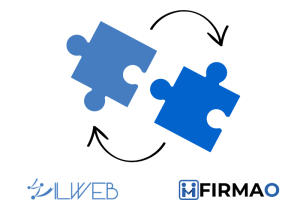
Enterprise Resource Planning (ERP) systems are designed to integrate and streamline a company’s operations, from finance and accounting to manufacturing and supply chain management. While implementing an ERP system can be costly and time-consuming, the costs of ineffectiveness can be even higher. In this article, we will explore the costs of ineffectiveness of an ERP system and why companies cannot afford to bear them.
- Wasted time and resources: An ineffective ERP system can lead to wasted time and resources. This can include time spent manually entering data, fixing errors, and resolving issues caused by system failures. These inefficiencies can add up over time, leading to increased costs and reduced productivity.
- Reduced profitability: An ineffective ERP system can reduce a company’s profitability by increasing costs and reducing revenue. For example, if the system is unable to accurately track inventory levels, a company may end up overstocking or understocking products, leading to lost sales and reduced profitability.
- Missed opportunities: An ineffective ERP system can lead to missed opportunities for growth and expansion. For example, if the system is unable to provide accurate and timely data on customer behavior, a company may miss opportunities to upsell or cross-sell products, leading to reduced revenue and market share.
- Increased risk: An ineffective ERP system can increase a company’s risk of non-compliance, security breaches, and other costly issues. For example, if the system is unable to accurately track financial data, a company may be at risk of non-compliance with financial regulations, leading to fines and other penalties.
- Damage to reputation: An ineffective ERP system can damage a company’s reputation by causing delays, errors, and other issues that affect customer satisfaction. This can lead to negative reviews, reduced customer loyalty, and decreased sales.
In conclusion, the costs of ineffectiveness of an ERP system can be significant and can have a long-lasting impact on a company’s profitability, growth, and reputation. While implementing an ERP system can be costly, the costs of ineffectiveness can be even higher. Companies cannot afford to bear these costs and must ensure that their ERP system is effective and efficient. By investing in an effective ERP system and maintaining it regularly, companies can avoid the costs of ineffectiveness and achieve their business objectives.




